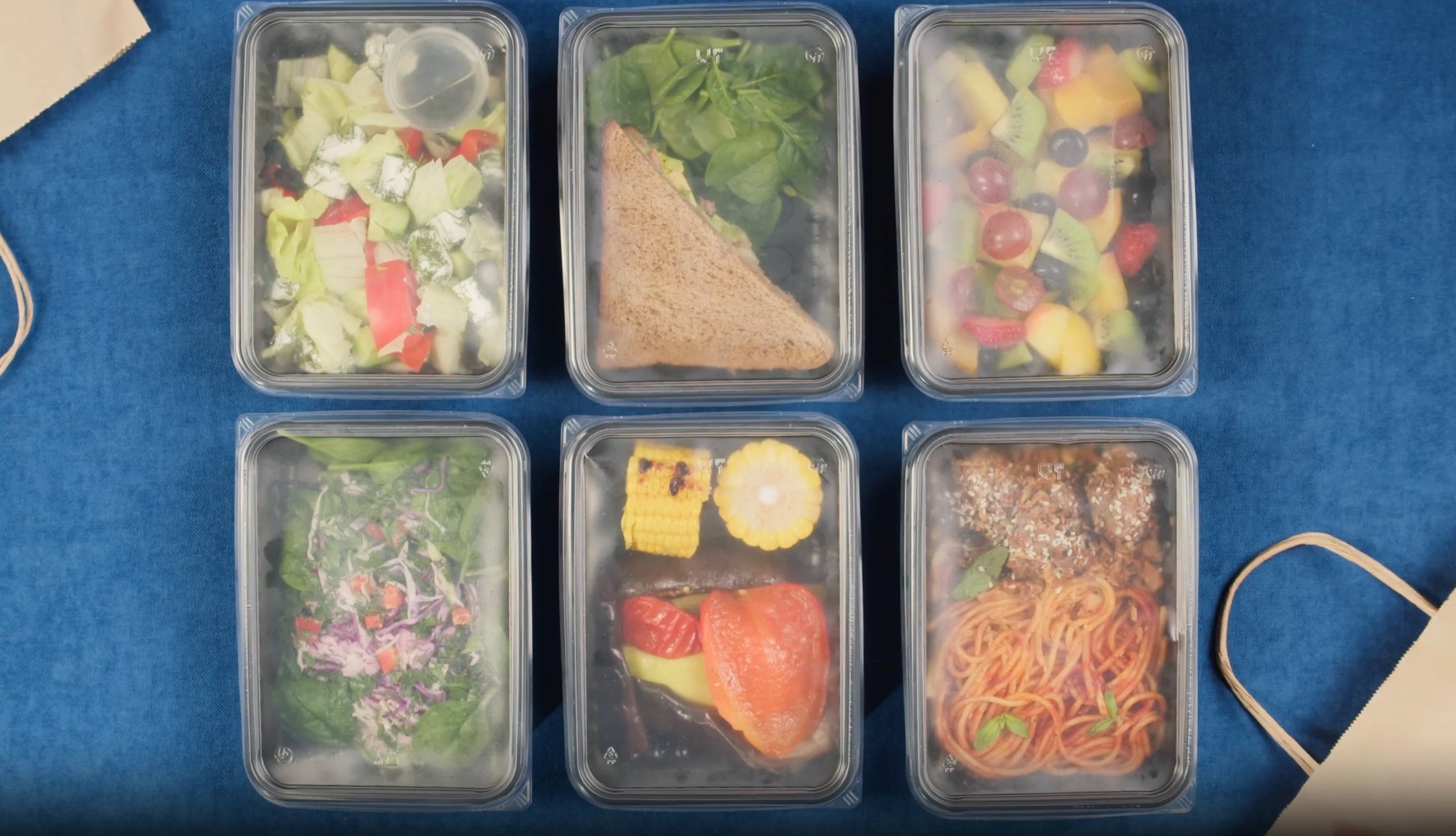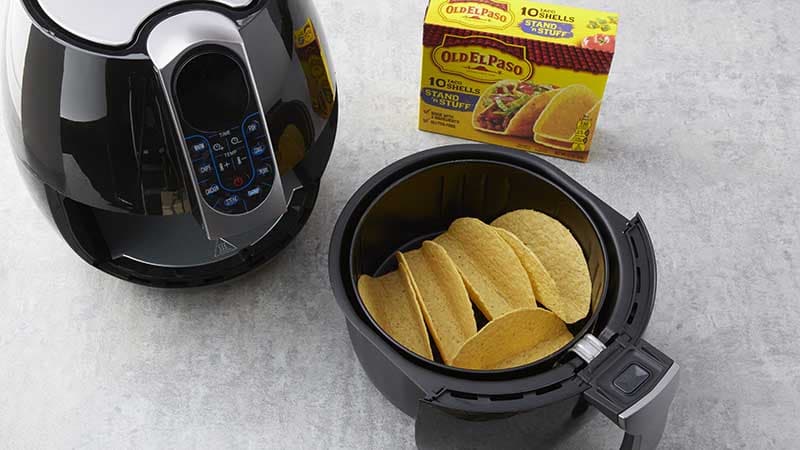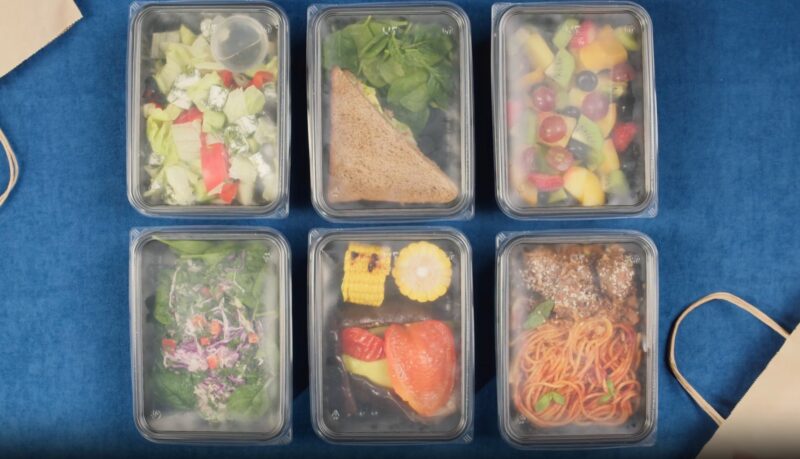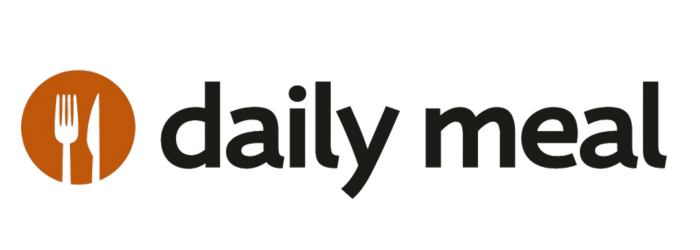
Popcorn! A snack that has seamlessly found its way into our movie nights, cozy evenings, and even our casual munching sessions. But a question that often pops up: Is popcorn a good source of protein?
Let’s embark on a journey together to explore the nutritional world of popcorn and discover its potential as a protein snack.
The popularity of popcorn is undeniable. It’s light, easy to prepare, and offers that satisfying crunch we often crave. But in a world where we’re constantly on the hunt for healthy snacks, especially those rich in protein, it’s essential to scrutinize our snack choices thoroughly.
Table of Contents
TogglePopcorn Nutrition Profile
When we talk about popcorn, it’s not just a light and fluffy snack; it’s also a whole grain, which means it retains its bran, germ, and endosperm. This trio is where all the nutritional goodness of popcorn resides. But let’s get into the nitty-gritty and explore the
The Basic Nutritional Values of Popcorn (per 100g)
| Nutrient | Amount |
| Calories | 387 |
| Protein | 12g |
| Fat | 4.1g |
| Carbohydrates | 73g |
| Fiber | 15g |
Protein Content in Popcorn: With 12g of protein per 100g, popcorn does pack a protein punch. But how does this compare to our daily protein needs?
For an average adult, the Recommended Dietary Allowance (RDA) for protein is 46g for women and 56g for men. So, a bowl of popcorn can indeed contribute to meeting our protein needs, especially for a snack.
Calories and portion control are crucial when enjoying popcorn as a snack. While it’s relatively low in calories, the add-ons like butter, cheese, and caramel can quickly ramp up those numbers. So, keeping an eye on portion sizes ensures you reap the benefits without overindulging.
Protein in Popcorn vs. Other Snacks

Now, let’s see how popcorn fares when pitted against other popular protein snacks. Nuts, for instance, are well-regarded for their protein content.
Almonds, for example, contain 21g of protein per 100g. However, they also come with a heftier calorie tag, clocking in at approximately 576 calories per 100g.
Protein Content Comparison (per 100g)
| Snack | Protein | Calories |
| Popcorn | 12g | 387 |
| Almonds | 21g | 576 |
| Protein Bar (average) | 25g | 300 |
| Greek Yogurt | 10g | 59 |
When we look at popcorn versus protein bars, the latter typically contain more protein, averaging around 25g per bar. However, it’s essential to note that protein bars often contain added sugars and preservatives.
Greek yogurt is another snack that’s often hailed for its protein content. With around 10g of protein per 100g and only 59 calories, it’s a fantastic low-calorie protein source. However, popcorn has the advantage of being vegan and gluten-free, making it a more inclusive snack option.
Benefits of Popcorn as a Protein Snack
Popcorn isn’t just about the delightful crunch; it’s packed with benefits that make it a top contender in the snack world. Let’s break down some of these advantages.
- Whole Grain Goodness: As a whole grain, popcorn retains all parts of the grain, including the bran, germ, and endosperm. This means it’s rich in essential nutrients, vitamins, and minerals. Whole grains have been linked to a reduced risk of heart disease, diabetes, and certain cancers.
- Fiber Content and Satiety: With its impressive fiber content, popcorn can help you feel full longer, reducing the urge to reach for less healthy snacks. Fiber also plays a crucial role in digestive health, helping to regulate bowel movements and reduce the risk of certain gastrointestinal diseases.
- Gluten-Free and Low Allergenicity: For those with gluten sensitivities or celiac disease, finding a tasty and satisfying snack can be a challenge. Popcorn to the rescue! Naturally gluten-free, it’s a safe option for those avoiding gluten. Plus, it’s low in common allergens, making it a more inclusive snack choice.
Popcorn Preparation and Protein Retention
How you prepare your popcorn can make a significant difference in its nutritional profile. Let’s explore the best methods to keep that protein intact and make your popcorn even more delicious.
- Air Popped vs. Microwave Popcorn: Air-popped popcorn is the gold standard when it comes to health. It uses hot air to pop the kernels, eliminating the need for oil. This method retains the most protein and keeps calories in check. On the other hand, microwave popcorn often contains added fats, artificial flavors, and preservatives, which can diminish its health benefits.
- Avoiding Excessive Additives: While buttery, cheesy popcorn might taste divine, excessive additives can overshadow popcorn’s natural benefits. Opt for natural seasonings like herbs, nutritional yeast, or a sprinkle of sea salt to enhance flavor without compromising health.
- Homemade Popcorn Seasonings: Get creative in the kitchen! Mix and match herbs and spices to create your unique popcorn seasoning. Some popular combinations include rosemary and garlic, chili and lime, or cinnamon and a touch of natural sweetener for a sweet twist.
Popcorn as a Protein Source for Different Lifestyles
Popcorn’s versatility makes it suitable for various lifestyles. Whether you’re an athlete or a vegan, there’s a place for popcorn in your diet.
- Popcorn for Athletes and Fitness Enthusiasts: While popcorn isn’t a complete protein source, it can be a valuable addition to an athlete’s diet, especially when combined with other protein sources. It provides quick energy, is easy on the stomach, and can be a great post-workout snack when paired with a protein shake.
- Popcorn for Vegans and Vegetarians: Finding plant-based protein sources is crucial for vegans and vegetarians. Popcorn, being a natural plant product, fits the bill perfectly. When combined with legumes or nuts, it can contribute significantly to daily protein intake.
- Popcorn for Weight Management: Thanks to its low-calorie profile and high satiety factor, popcorn can be an excellent snack for those watching their weight. Remember to keep portions in check and avoid excessive additives to maximize its weight management benefits.
Potential Downsides and Considerations

While popcorn boasts numerous benefits, it’s essential to be aware of potential downsides to ensure you’re making the best snacking choices.
- Sodium and Salted Popcorn: Overindulging in salted popcorn can quickly lead to excessive sodium intake, which is linked to high blood pressure and other health issues. It’s crucial to monitor portion sizes and opt for low-sodium varieties when possible.
- Popcorn Allergies: While rare, some individuals might be allergic to corn or corn products. If you suspect an allergy, it’s best to consult with a healthcare professional before including popcorn in your diet.
- Dental Health and Popcorn: Those pesky unpopped kernels can be a dental nightmare, potentially causing tooth damage or gum issues. Always chew with care and avoid biting directly into hard kernels.
FAQ
Is all popcorn equally healthy?
No, not all popcorn is created equal. While air-popped popcorn seasoned lightly is an efficiently healthy snack, movie theater popcorn, especially the large tubs, can contain up to 1,090 calories and 2,650 milligrams of sodium.
The preparation method and added seasonings or toppings can significantly impact the nutritional value of popcorn. It’s always best to opt for air-popped popcorn and control the seasonings to ensure you’re getting the healthiest version.
What’s the concern with microwave popcorn?
In the past, microwave popcorn posed health concerns due to certain chemicals used in its preparation. One such chemical, diacetyl, has been linked to a condition called popcorn lung, which causes shortness of breath and wheezing. Diacetyl, responsible for the buttery taste in some microwave popcorn, is not harmful when ingested but can be dangerous when inhaled in large amounts.
However, many of these chemicals have been removed in recent years, making microwave popcorn safer.
How does popcorn’s satiety compare to other snacks?
Popcorn is known for its high satiety, primarily due to its high fiber content. This means that popcorn can make you feel fuller for longer compared to many other snacks.
For instance, consuming 200 calories of popcorn will likely make you feel more satisfied than consuming the same amount of a milkshake. The high fiber and low energy density of popcorn make it a food that can aid in weight management.
Are there any health benefits associated with the antioxidants in popcorn?
Yes, popcorn is a good source of polyphenols, which are antioxidants. Antioxidants play a crucial role in neutralizing free radicals in the body, which can cause cellular damage.
Polyphenols have been linked to better blood circulation, improved digestive health, and a potentially reduced risk of certain cancers. Including foods rich in antioxidants, like popcorn, can contribute to overall health and well-being.
Conclusion
Popcorn, with its delightful crunch and impressive nutritional profile, undoubtedly earns its spot as a balanced snacking option. When prepared mindfully, it can be a protein-rich, fiber-filled treat that complements various lifestyles and dietary needs.
As with all foods, moderation is key. By incorporating popcorn into your diet thoughtfully and making informed snacking choices, you can enjoy its benefits while satisfying your cravings.
Related Posts:
- 7 Best Toastmaster Waffle Maker 2023 - Crunchy Delights
- Is Eating Canned Sardines Good for You: From Sea to Can
- 7 Best Oil for Popcorn 2023 - Perfectly Delicious Snack
- How to Make Popcorn in an Air Fryer - A Snack Time…
- 10 Best Over The Range Microwave 2023 - Get More…
- Prepare a Tasty Snack with Your Very Own Cast Iron…

